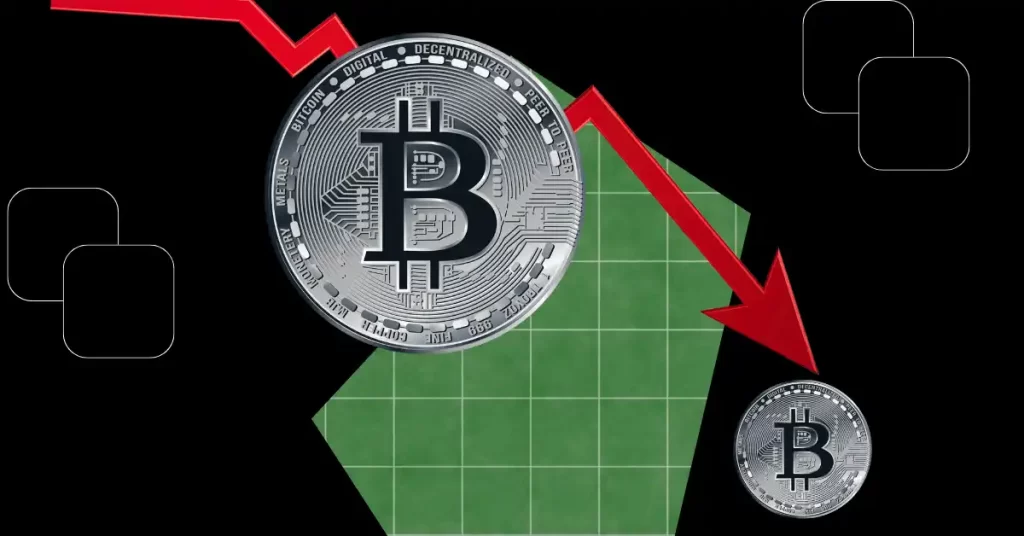
The post Ethereum ETF Approval Chances Decline by 25% Amid Regulatory Hurdles appeared first on Coinpedia Fintech News
After approving Bitcoin ETFs, analysts had high expectations of getting Ethereum ETFs approved this year. However, certain circumstances in the crypto world have cast doubts on the likelihood of their approval. Analysts have reduced their expectations of the approval odds to 25%.
Analyzing the Decline in Approval Odds
Bloomberg analyst James Seyffart has revised his approval predictions from 35% to 25%. He cites the significant differences between Bitcoin ETF approval and the current situation with Ethereum.
Seyffart noted, “We now believe these will ultimately be denied May 23rd for this round.”
On the other hand, Craig Salm, Grayscale’s Chief Legal Officer, has shown confidence in the approval of spot ETH ETFs by asserting, “Investors want and deserve access to Ethereum in the form of a spot Ethereum ETF.”
In contrast, Seyffart contrarily predicts, “We are likely going to see at least 3 more Ethereum ETF delays today/tomorrow.”
The cautious approach by the U.S. Securities and Exchange Commission in the name of investor protection is now actually driving irritation and disappointment in the market, primarily because of unprecedented delays, sudden investigation, and the rigid stance of SEC Chair Gary Gensler.
Despite Ethereum’s recent price recovery and growing institutional interest, the SEC remains hesitant. It has been delaying approving filings from Ark Invest, Hashdex, Grayscale Investments, and BlackRock Inc.
Conclusion
The uncertainty surrounding the Ethereum ETF approval has broader implications in the cryptocurrency market than just providing investors with ETFs and ETPs on Ethereum. The approval of ETH ETFs can signal a shift in regulatory attitudes. In contrast, a rejection could reinforce existing regulatory challenges and hinder the integration of digital assets into traditional financial systems.

 4 weeks ago
16
4 weeks ago
16









 English (US) ·
English (US) ·